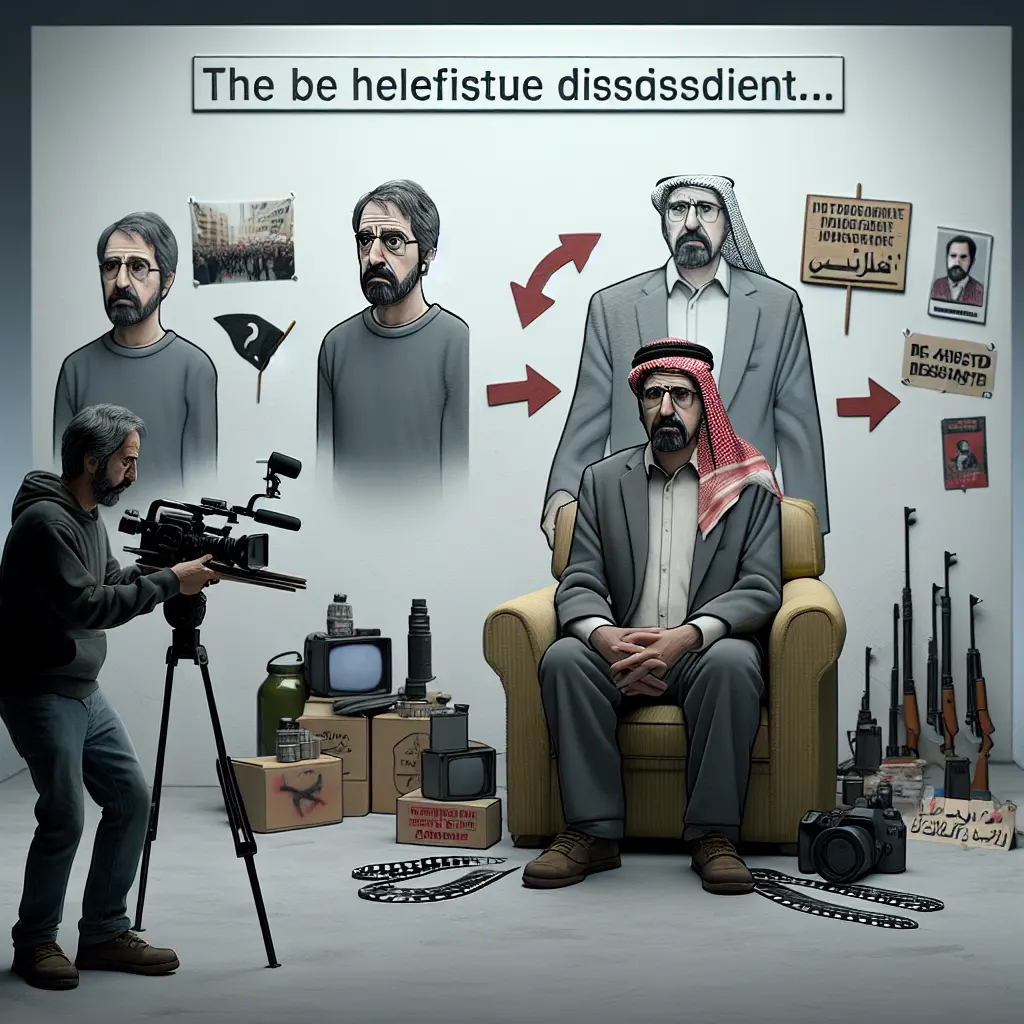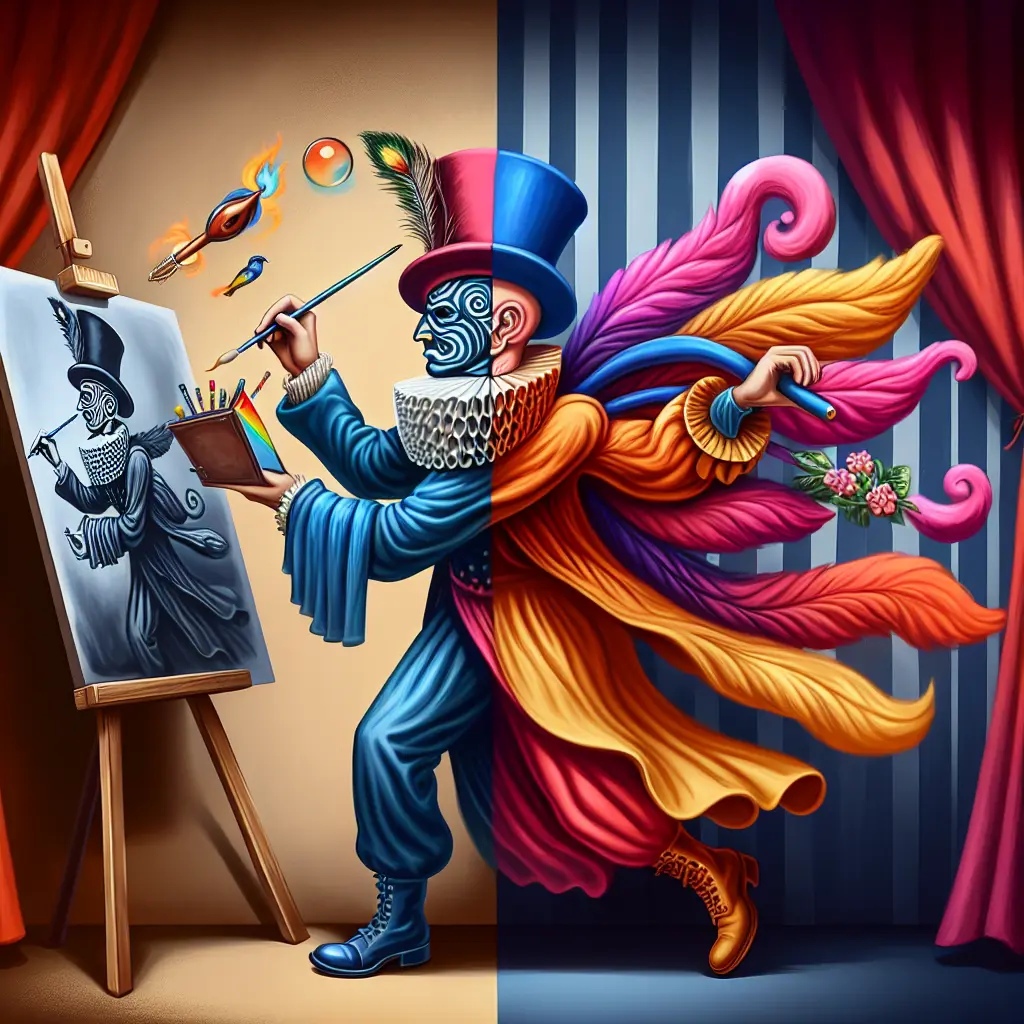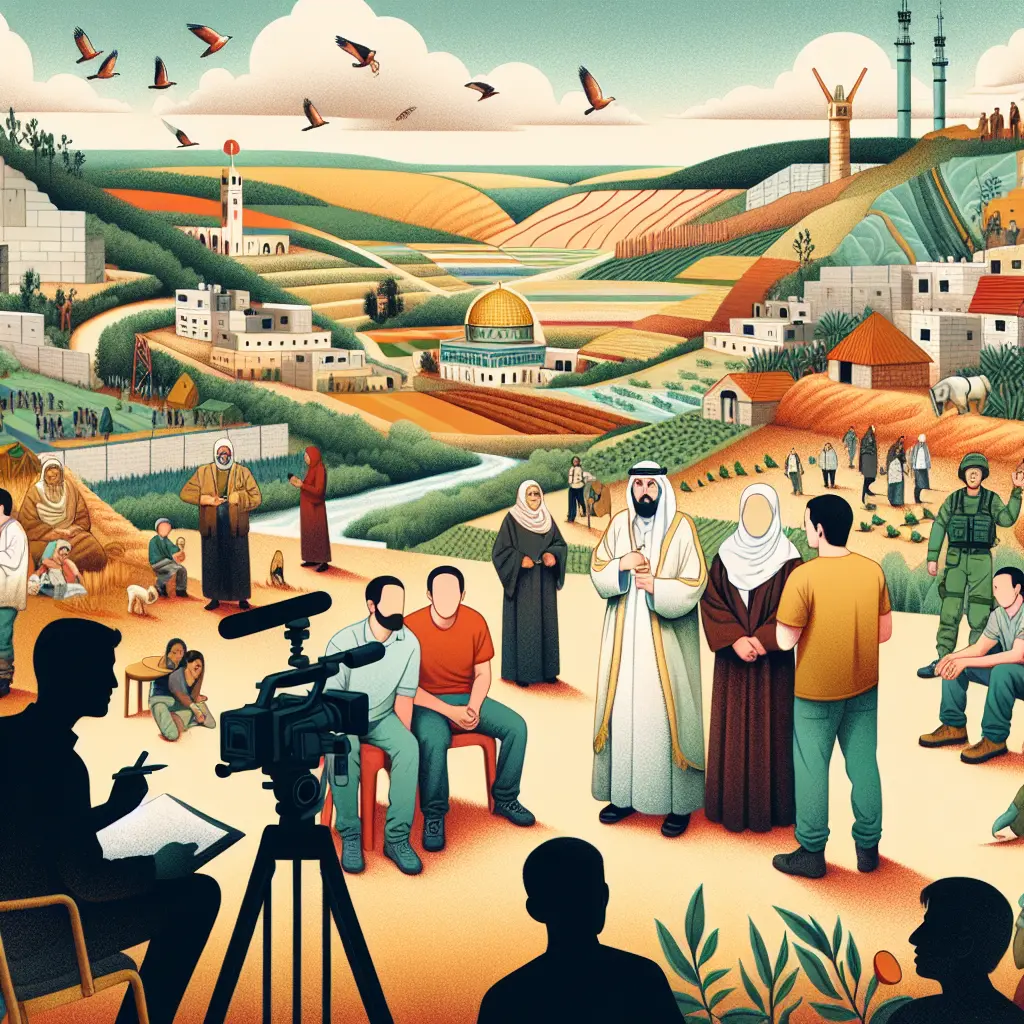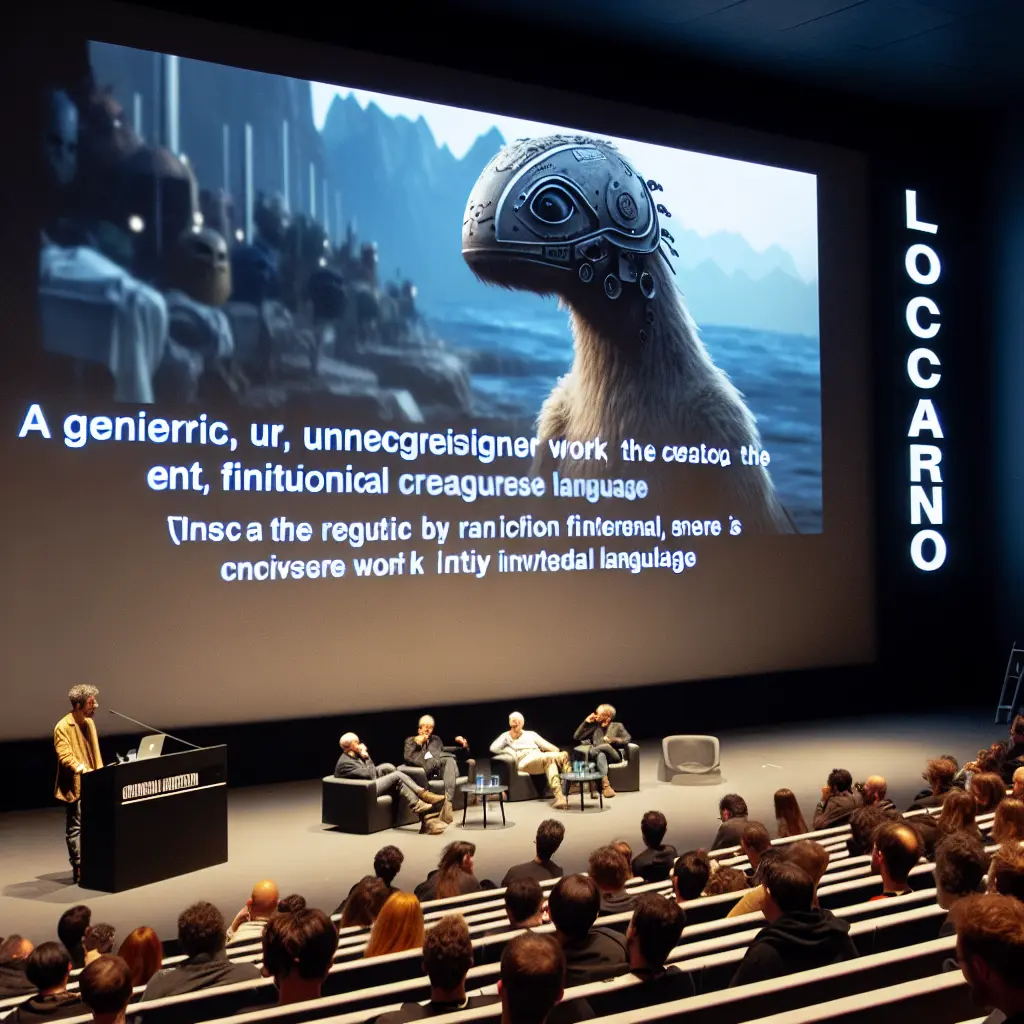Documentaries—and documentary filmmakers—have the power not just to illuminate reality but to challenge and even reshape the world. When we talk about documentaries that have changed the world, we often think of landmark films that brought hidden truths to light or movements that altered the course of history. But sometimes, it's the story behind the camera that is just as revolutionary. One name stands out in this conversation: Jafar Panahi, an Iranian filmmaker whose life and work embody the very spirit of cinematic resistance.
Jafar Panahi’s journey wasn’t always marked by defiance. He did not set out to become a symbol of resistance. Instead, circumstance and conviction propelled him into that role. After participating in protests following Iran’s contested 2009 presidential elections, Panahi found himself at odds with the regime. He was arrested, imprisoned, and subjected to a 20-year ban on making films or leaving the country. Yet, this did not silence him.
Rather than succumbing to censorship and isolation, Panahi transformed his circumstances into the raw material for his art. His documentaries and narrative films—often shot in secret or under the threat of imprisonment—offer piercing critiques of social injustice and personal freedom in Iran. Through ingenuity and courage, Panahi continued to create:
This Is Not a Film (2011): Made while under house arrest, this documentary blurs the line between reality and fiction, demonstrating both the restrictions placed upon him and his unyielding creative spirit.
Taxi (2015): Shot from within a car driving through Tehran, Panahi captures everyday life and the subtle ways people navigate oppression.
Closed Curtain (2013): A meditation on isolation and surveillance, filmed in secret inside his own home.
Each work not only subverts the regime’s attempts to silence him but also invites global audiences to witness life under authoritarian rule, prompting international conversations about freedom of expression.
The Power of Documentaries to Spark Change
Panahi’s films stand as a testament to the power of documentaries to confront tyranny and inspire solidarity. They remind us that art can defy power—even under strict censorship, creativity finds a way to voice dissent. By focusing on individual lives and everyday struggles, documentaries can highlight broader societal issues. Furthermore, international recognition amplifies the message of oppressed voices, pressuring regimes to reckon with their actions.
Despite relentless persecution, Panahi chooses to remain in Iran—a powerful statement in itself. For him, cinema is sacred, and its purpose is not just to entertain but to provoke thought and foster empathy. His perseverance ensures that stories from within closed societies reach global audiences, reinforcing the vital role documentaries play in holding power to account.
Jafar Panahi’s body of work exemplifies how documentaries can challenge oppressive systems and inspire real-world change. Through courage and ingenuity, he transforms personal adversity into global activism—making his story and his films essential viewing for anyone interested in documentaries that have truly changed the world.
For more on Jafar Panahi's journey and his latest film, you can read the full article here.
Art Becomes Action: The Enduring Legacy of Jafar Panahi
Thank you for joining me in exploring these stories where art becomes action, and documentaries become instruments for justice.






_netflix_documentary.webp)


Leave a Comment